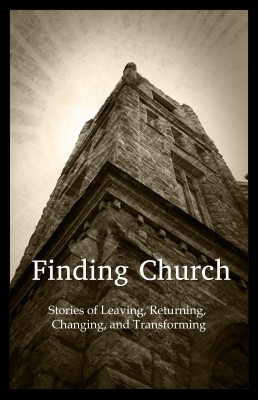 I wrote a post a while back about loving LGBT people.
I wrote a post a while back about loving LGBT people.
Recently I Tweeted about the post and ended up having an interesting conversation on Twitter about it.
Here is the conversation:
[2015 Note: Sandpiper64 deleted all his Tweets. So they no longer show]
The sin of Sodom was not homosexuality, but that they they ate too much food without taking care of the poor and needy. Ezekiel 16:49
— Jeremy Myers (@jeremyers1) May 16, 2012
Why we should love LGBT people — even if you think their lifestyle is sinful. tillhecomes.org/loving-lgbt-pe…
— Jeremy Myers (@jeremyers1) May 15, 2012
@sandpiper64 If we reject LGBT people from church membership we should also reject those who are liars, cheats, selfish, angry, and gluttons
— Jeremy Myers (@jeremyers1) May 16, 2012




 Michael Hyatt, one of the top bloggers in the world and Chairman of Thomas Nelson Publishers, has just released an amazing new book for anyone with something to say or sell. It’s called
Michael Hyatt, one of the top bloggers in the world and Chairman of Thomas Nelson Publishers, has just released an amazing new book for anyone with something to say or sell. It’s called 
 NOTE: This book has now been published and you can purchase it on Amazon.
NOTE: This book has now been published and you can purchase it on Amazon.
 While it is true that all people are created equal, and that God has given us the right to life, liberty, and the pursuit of happiness, it is not true that the best way to achieve these rights is through the subjection, enslavement, and killing of others. Do not they also have the unalienable right to life, liberty, and the pursuit of happiness?
While it is true that all people are created equal, and that God has given us the right to life, liberty, and the pursuit of happiness, it is not true that the best way to achieve these rights is through the subjection, enslavement, and killing of others. Do not they also have the unalienable right to life, liberty, and the pursuit of happiness?
